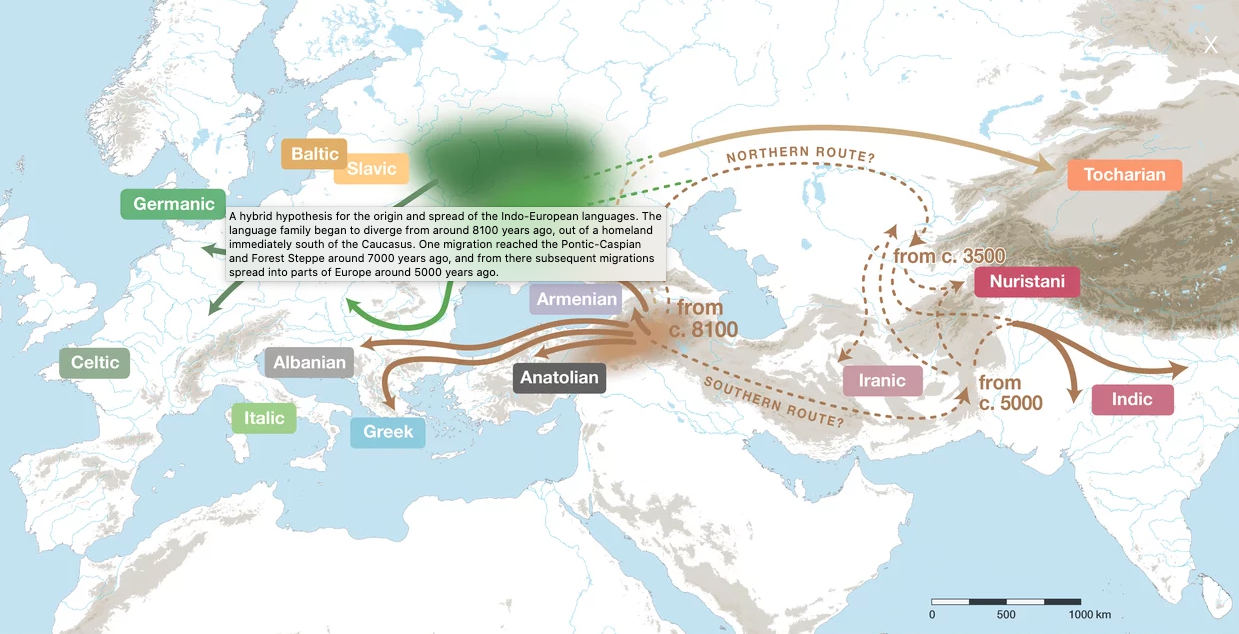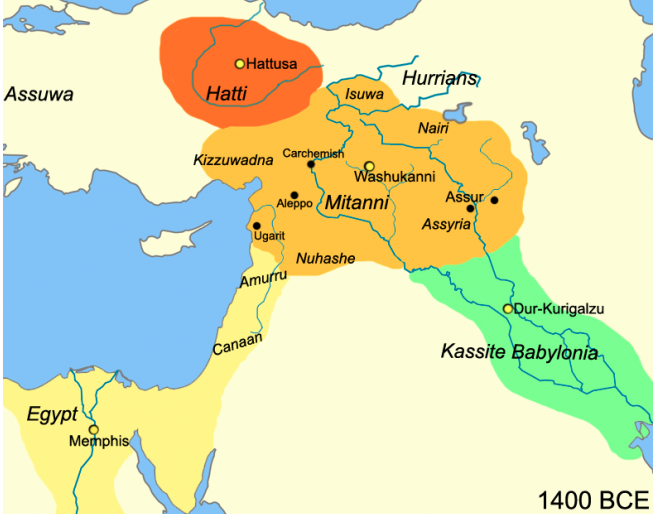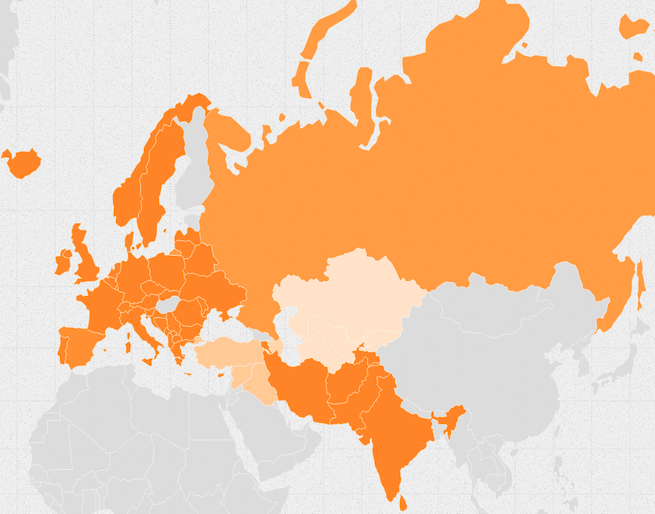We are diligently working to incorporate thousands of Kurdish words and definitions into our online etymology dictionary. In the meantime, feel free to explore and search for the words that are currently available.
The Kurdish language and culture emerged in the scenic slopes of the Taurus-Zagros mountain range. With its historical roots tracing back 2,000 to 4,000 years ago, Kurdish belongs to the Eastern branch of the Indo-Aryan (Indo-Iranian) descendants of the Indo-European family. Also, recent archaeological, anthropological and genetic findings makes Kurdish a language of great significance, developed during the Neolithic Period near northern arc of the Fertile Crescent.

A hybrid hypothesis for the origin and spread of the Indo-European languages
New insights from genetics and linguistics: An international team of linguists and geneticists led by researchers from the Max Planck Institute for Evolutionary Anthropology in Leipzig propose a fresh hybrid hypothesis for the origin of Indo-European languages. They suggest that the ultimate homeland was located south of the Caucasus, with a subsequent northward branch emerging towards the Steppe. This secondary homeland served as the entry point to Europe for certain Indo-European branches during the later Yamnaya and Corded Ware-associated expansions. Notably, ancient DNA and language phylogenetics together point towards a resolution for the Indo-European enigma, which has puzzled scholars for two centuries. According to Gray, this amalgamation of ideas combines the farming and Steppe hypotheses.
“Recent ancient DNA data suggest that the Anatolian branch of Indo-European did not emerge from the Steppe, but from further south, in or near the northern arc of the Fertile Crescent — as the earliest source of the Indo-European family. Our language family tree topology, and our lineage split dates, point to other early branches that may also have spread directly from there, not through the Steppe.” says Paul Heggarty – Read More.
Since antiquity, the northern arc of the Fertile Crescent has served as a Kurdish homeland, with its inhabitants linked to ancient peoples like the Hurro-Mitanni, Carduchians, Medes, and Parthians. Following the spread of Islam, Kurdish influence persisted through ruling dynasties such as the Rawadids, Shaddadis, Marwanids, and Ayyubids, and continues in various principalities and regions to this day.

Mitanni (Indo-Europeans)

Distribution of Indo-European Language Family in Eurasia
Kurdish Online Etymology Dictionary
Etymologies provide insights into the meanings of our words and their pronunciation from centuries ago, whether 500 or 4,000 years in the past.
The main sources of this work are “Kurdish-English Dictionary” by Michael L. Chyet, Proto-Indo European Etymological Dictionary by Julius Pokorny, Zoroastrians : their religious beliefs and practices by Mary Boyce, Zoroastrians: their religious beliefs and practices Indo-European Poetry and Myth and The Hymns of Zoroaster (M. L. West), avesta.org Dictionary, The Oxdord Introduction to Proto indo-European (J. P. Mallory, D. Q. Adams) and many other Indo-European dictionaries, lecturers, linguist Ali Karduxos and local sources in Kurdistan.
This dictionary has greatly benefited from the input of many individuals I have yet to meet, hailing from various corners of the globe. We extend our heartfelt gratitude and appreciation to all of you.
